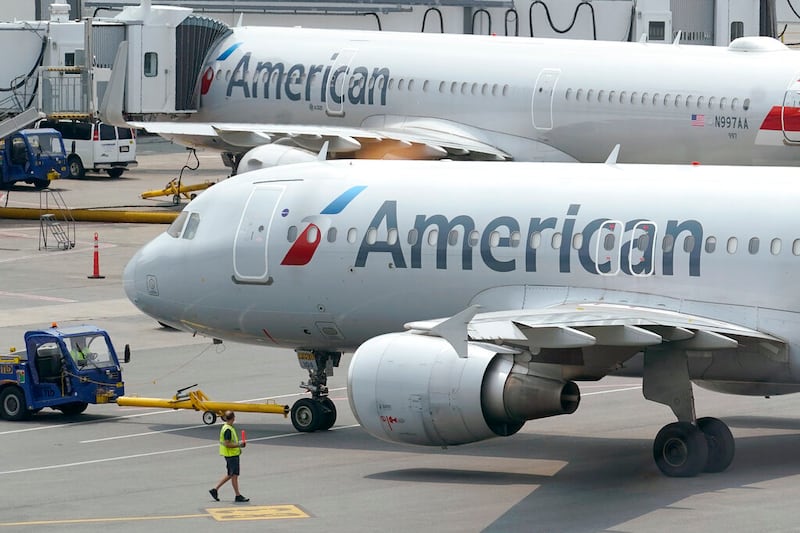As coronavirus restrictions phase out in the U.S. and abroad, many are thinking of traveling again.
But the war between Russia and Ukraine has taken over newspaper headlines and social media feeds.
“The ongoing war — in full view on television and social media — certainly does have Americans rethinking travel to Eastern Europe and possibly elsewhere,” said James Ferrara, president of InteleTravel, an online travel agency with a network of over 70,000 independent travel advisers, per Forbes.
Due to the conflict, jet fuel has seen a price hike while airlines saw a drop in bookings for U.S.-Europe flights, according to AFAR Magazine.
Is it safe to travel to Europe right now?
A vast majority of the continent is safe to travel to as the conflict may not extend beyond the borders of Russia, Ukraine and southern Belarus, per The Washington Post.
The U.S. State Department issued a “Do Not Travel” advisory for Russia “due to the unprovoked and unjustified attack by Russian military forces in Ukraine” while the airspace over Ukraine is closed off, which ensures the safety of passengers.
Monitoring national travel advisories and investing in travel insurance are advised if travelers decide to carry on with their plans.
What will the demand for and the cost of flights to Europe look like?
Experts had predicted a boom in air travel in 2022, compared to the pandemic years, but the fear of war has caused many U.S. travelers to rethink their plans.
A recent survey indicated that 62% of U.S. travelers cited concerns about the war as a big factor in changing their plans. Nearly half of travelers surveyed want to wait and see how the situation in Ukraine unfolds before making plans.
As for ticket prices, they are affordable right now, but if the conflict continues, people can expect to pay much more.
“Crude oil is pushing $111 a barrel, up nearly $20 from last week,” Scott Keyes, co-founder of Scott’s Cheap Flights, an email subscription service for flight deals, per Forbes.
“If the spike in oil prices is a blip and soon falls, it’s unlikely travelers will see much impact on fares. But if it stays at this level for more than a month or two, expect fares across the board to push higher because jet fuel is the No. 2 expense for airlines and there’s no alternative way to power most commercial aircraft yet.”


